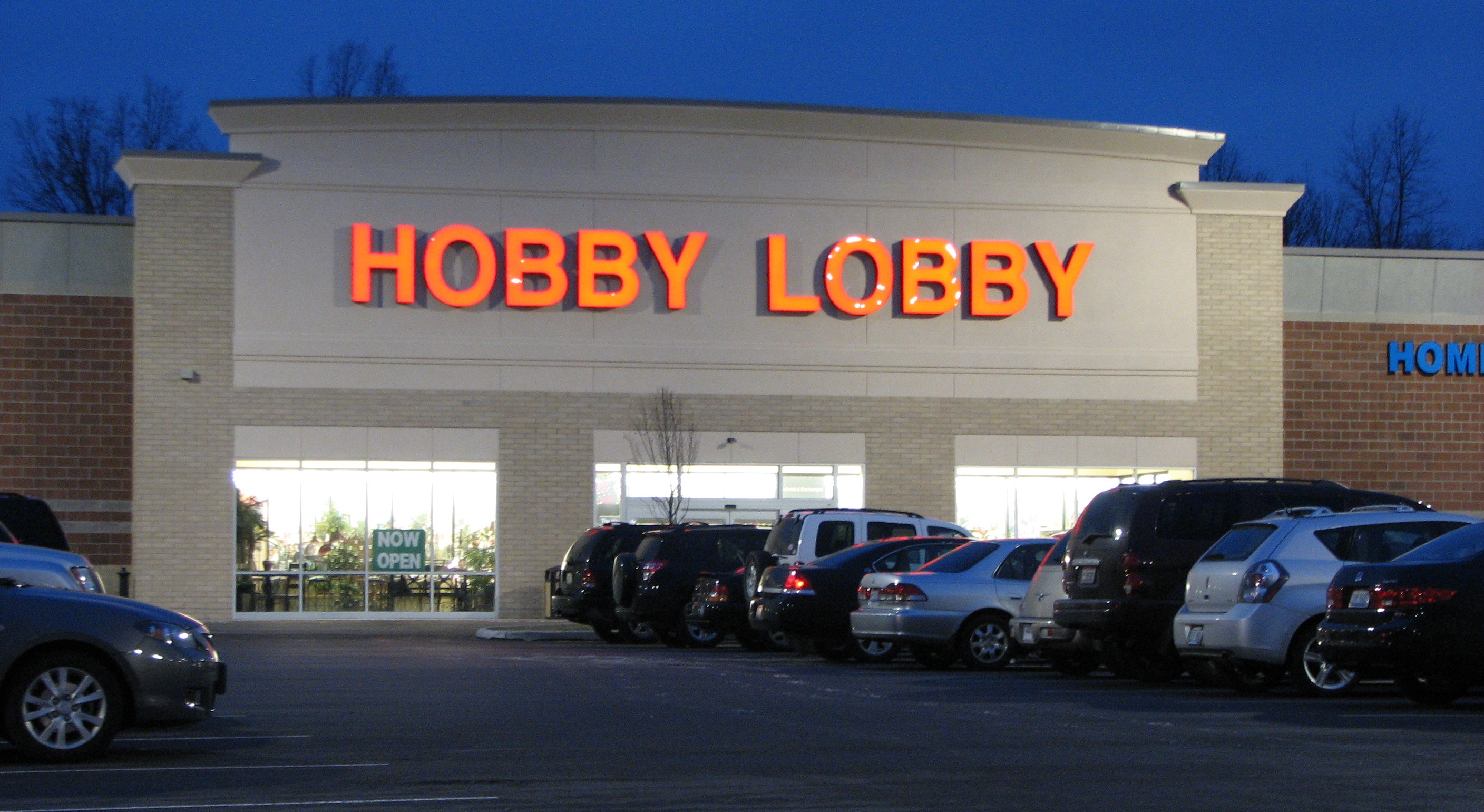For all of you out there outraged over the U.S. Supreme Court decision today that closely held corporations cannot be required to provide contraception coverage for their employees, here’s another development that may further stoke your anger: Hobby Lobby has plans to open a 57,000-square foot store at 13200 Aurora Ave. N., in North Seattle.
Neighboring tenants at the store, located not far from the Northgate Mall, are LA Fitness, Staples and PetSmart.
Hobby Lobby also plans to open a store in central Tacoma this fall, in the old Top Foods location near Highway 16, reports the Tacoma News-Tribune.
The Seattle store would be the Oklahoma-based craft retailer’s seventh location in Western Washington, after Tacoma, Lakewood, Federal Way, Lynnwood, Everett and Mt. Vernon.
In the so-called Hobby Lobby case, the high court ruled 5-4 that the Obama administration had failed to show that the contraception mandate contained in the Affordable Care Act is the “least restrictive means of advancing its interest” in providing birth control at no cost to women.
The majority decision, written by Justice Samuel Alito, held that if Hobby Lobby’s owners believe that the contraceptives at issue cause abortions, the mandate is a burden on their religious beliefs: “[W]e must decide whether the challenged…regulations substantially burden the exercise of religion, and we hold that they do,” Alito wrote. “The owners of the businesses have religious objections to abortion, and according to their religious beliefs the four contraceptive methods at issue are abortifacients.”
Hobby Lobby, a Christian-owned craft supply chain store with nearly 575 stores and 30,000 employees, challenged the contraception mandate on the grounds that it violates their religious freedom by requiring them to pay for methods of contraception they find morally objectionable.
The store owners argued that some forms of birth control — emergency contraception and intrauterine devices — are forms of abortion because they could prevent a fertilized egg from implanting in the uterus.
Closely held companies, as the Wall Street Journal has reported, are owned by a relatively small number of investors, typically including their founding families and management. Roughly 90 percent of all companies in the U.S. are closely held, according to a 2000 study by the Copenhagen Business School.








